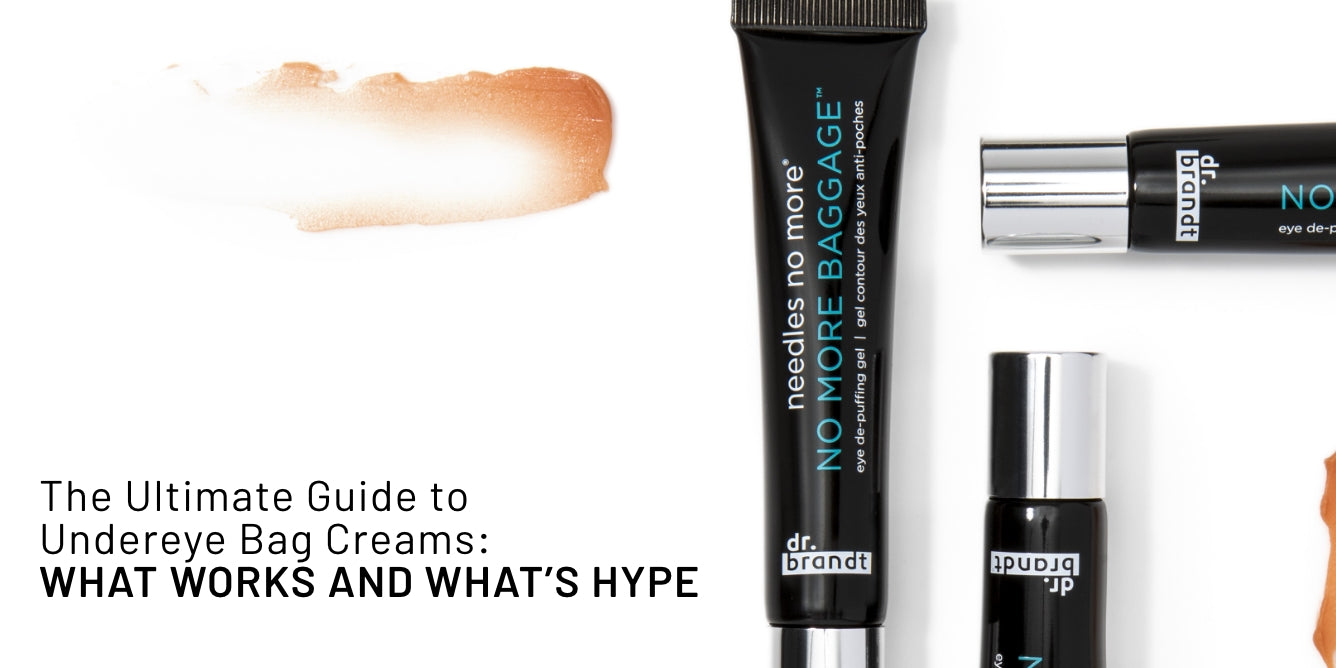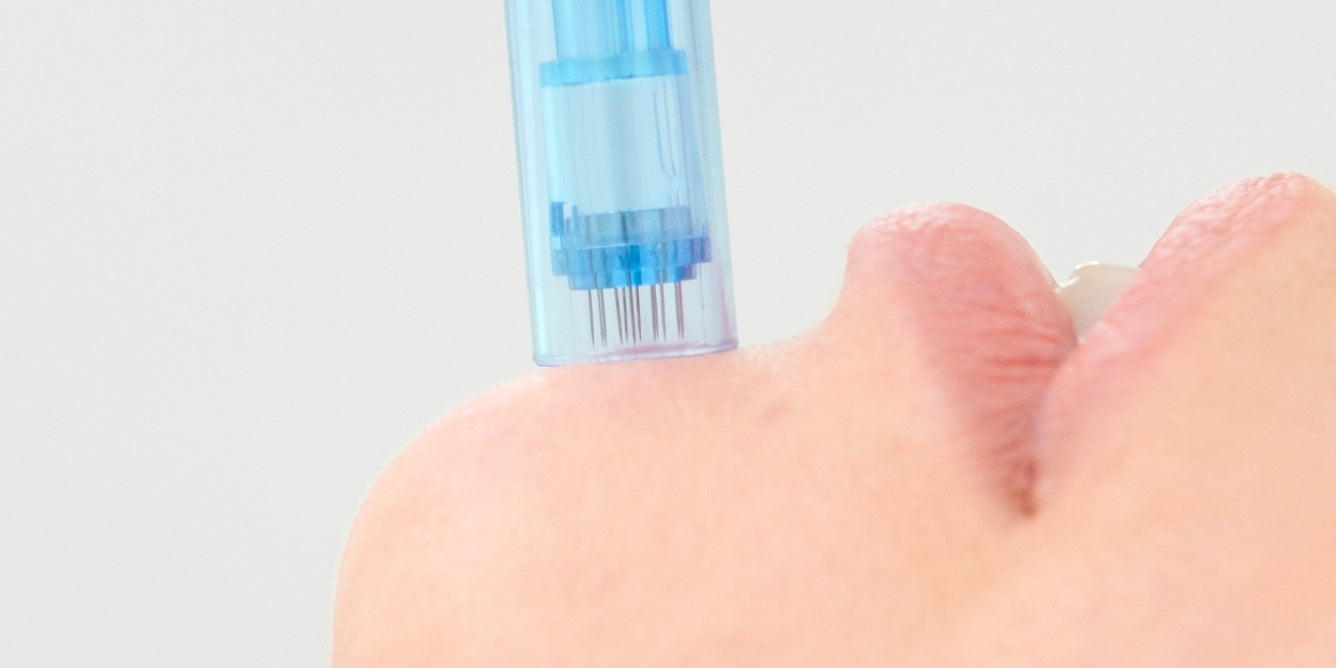
After years of experimenting, you’ve finally landed on The Perfect Skincare Routine: that foolproof combination of skincare products combined with a tried-and-tested regimen that really works… Until one day, it doesn’t. You move to a new city, your diet changes, you get older - and suddenly, the face oil you thought you could always count on is giving you breakouts, and your go-to moisturizer just isn’t hydrating your skin like it used to. That’s not to say you’ll have to completely overhaul your regimen every few months—but chances are, you’ll need to make small tweaks to your skincare routine as your skin, hormones, and surroundings change. Unless you live in a city where the climate stays relatively constant all year long, shifts in season are the most common reason you’ll need to change up your skincare products. As we transition from summer to fall (and winter soon after that), here are 8 fall skincare tips that can help you keep your skin healthy and glowing throughout the coldest months of the year.
Whatever it is, make sure it’s moisturizing
It’s not just the drop in humidity that can cause dry, irritated, or flaky skin in fall and winter. Indoor heating (at home or in your office) can make it hard for your skin barrier to hold on to water, causing it to crack, chap, or feel unnaturally tight. Dry skin also makes fine lines and wrinkles more visible, more vulnerable to irritation, and can aggravate certain skin conditions like eczema. To protect your skin barrier, opt for skincare products that contain moisturizing ingredients like hyaluronic acid, colloidal oatmeal, or ceramides. The most obvious product to work into your fall routine is a rich moisturizer—ideally, one that contains both humectants (ingredients that draw moisture into skin) and occlusives (ingredients that seal moisture into skin). Ceramides are particularly helpful for preventing moisture loss and protecting the skin barrier, making them ideal for sensitive, redness-prone skin. Even cleansers can help keep skin hydrated: opt for ones that contain a powerful humectant like hyaluronic acid.
Add in an eye cream
There’s a reason your eye area is so susceptible to signs of aging, under eye bags, or discoloration. The skin around your eyes is thinner – much thinner – than the rest of the skin on your face. As a result, it needs special protection, particularly in harsh weather. An eye cream can help smooth out lines around the eyes, and often comes infused with ingredients that provide an instant brightening or de-puffing effect. As eye skin is so delicate, your cream doesn’t need to be extra-heavy or rich: instead, look for ingredients like peptides and caffeine to help keep you looking bright-eyed and rested, even in the darkest months of the year.
Continue exfoliating but be smart about it
It may seem counterintuitive to do anything ‘harsh’ to your skin in fall and winter. But done the right way, exfoliation is key to keeping your skin healthy, and can even help make your moisturizer more effective. By clearing away dead skin cells (which build up faster in colder months), you’re clearing the way for skincare ingredients to reach the living skin cells that need them. Careful not to overdo it, though: twice a week is enough. You may want to cut back on certain exfoliating or anti-aging ingredients like retinoids or glycolic acid, which can make skin more prone to irritation in general. If you do want to continue using these ingredients, be sure to follow them with a lipid-rich moisturizer to help protect your skin barrier.
Don’t stop using sunscreen
UV rays are present all year round, even on cloudy, overcast days. Sun or no sun, you should always wear a broad-spectrum SPF, even if you’re staying inside all day. (UVs come through windows, too!) Though you may think of sunscreen as strictly poolside protection, it’s best to think of it as one of the most powerful anti-aging skincare products out there instead. In other words, it should always be a part of your daily routine.
Eliminate dry skin behaviors
Certain habits actually encourage dry skin. Exfoliation, for example, can help your skin better absorb moisturizer—but exfoliate too often, and you risk wearing away your skin’s protective lipid barrier. Hot showers are another common dry skin culprit: while it’s tempting to turn the water temperature up when it gets cold, doing so strips away your skin’s natural oils. If you’re particularly prone to dryness or irritation, you may want to avoid products that contain alcohol or fragrance. One useful tip from Dr. Shasa Hu, MD, FAAD: apply moisturizer right out of the shower, after your skin is just barely towel-dried. “When moisturizer is applied to damp skin, there’s greater absorption of humectants. Look for products that are fragrance-free, formulated for sensitive skin, and contain at least 2-3 known hydrating ingredients, such as hyaluronic acid, squalene, ceramide, glycerin, lipids, natural oils and sealants such as shea butter, moringa oil, dimethicone, petrolatum and allantoin.”

Soothe your sensitive skin
If your skin is already sensitive, chances are you’ll need to give it extra care come fall. The best way to do that is to keep it hydrated. Ingredients like elastin, collagen, and aloe can help replenish your skin’s moisture, as can using products that encourage a balanced skin microbiome.
Book a facial
Facials offer plenty of beauty benefits – from increased lymphatic drainage, to deep pore cleansing, to a boost of hydration that helps smooth the appearance of fine lines and wrinkles. Fall and winter are perfect seasons to try adding a monthly facial to your routine. Aesthetic benefits aside, they can help you manage the stress that often comes with the holidays.
Add Vitamin C to your regimen
Vitamin C is a powerful antioxidant. Applied topically, it can help free-radical age while lightening dark spots for an overall brighter, more even skin tone. And of course, a diet rich in Vitamin C will not only help stave off winter colds—it can help give you better skin. How? Vitamin C promotes collagen synthesis in the body, keeping your skin looking plump and youthful.





Leave a comment (all fields required)